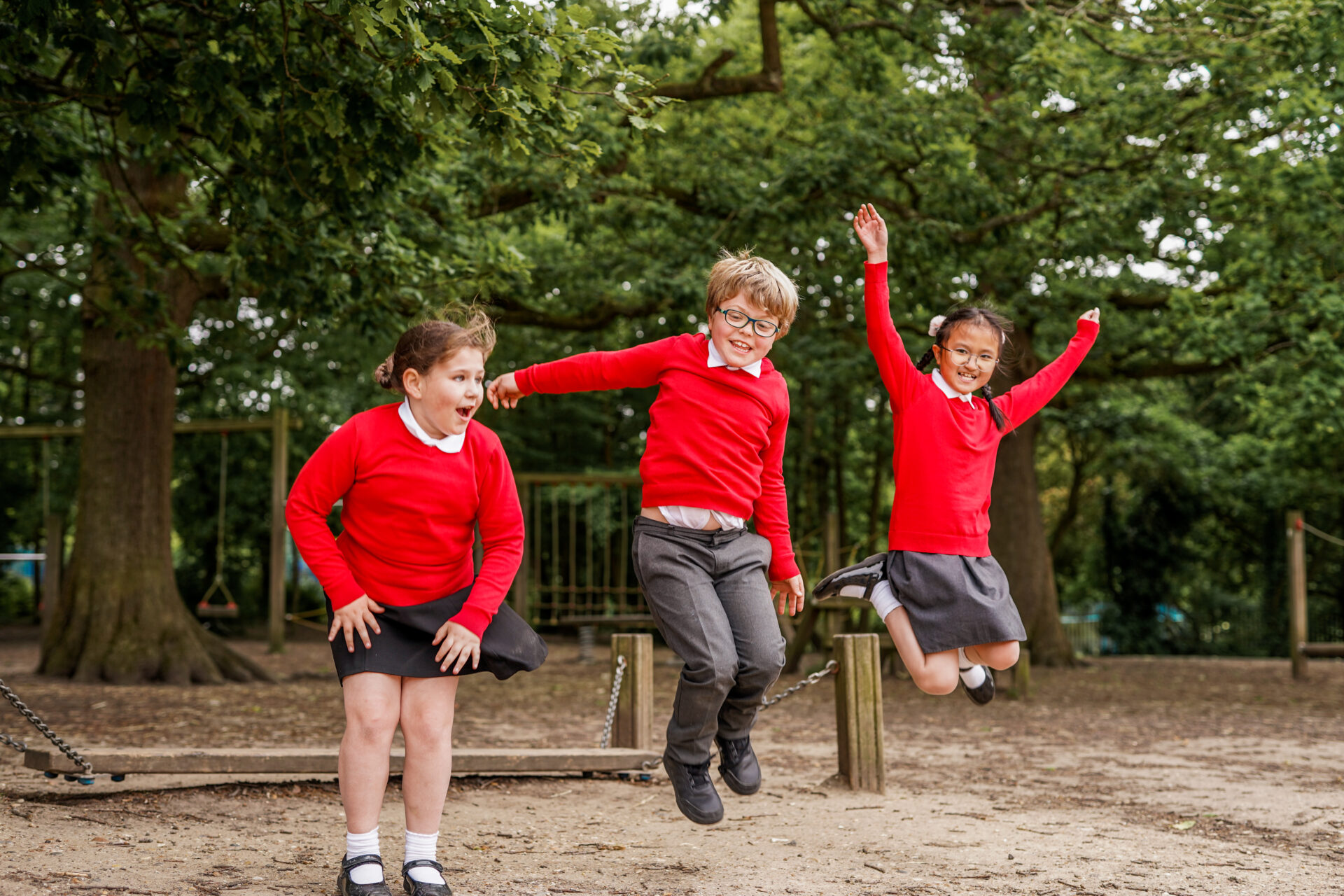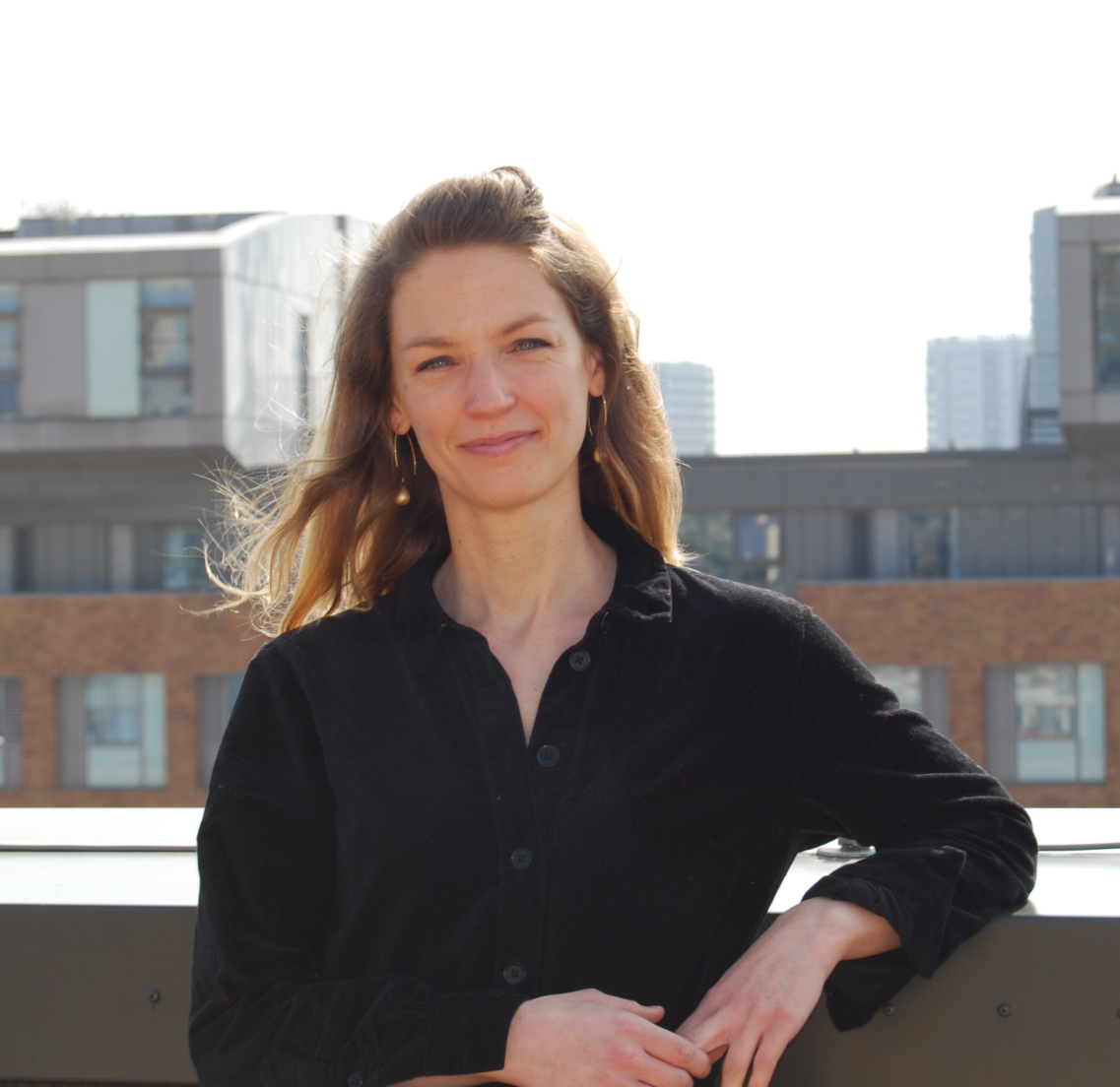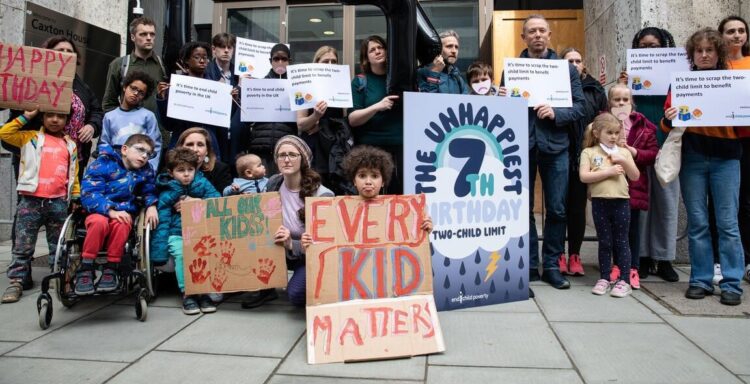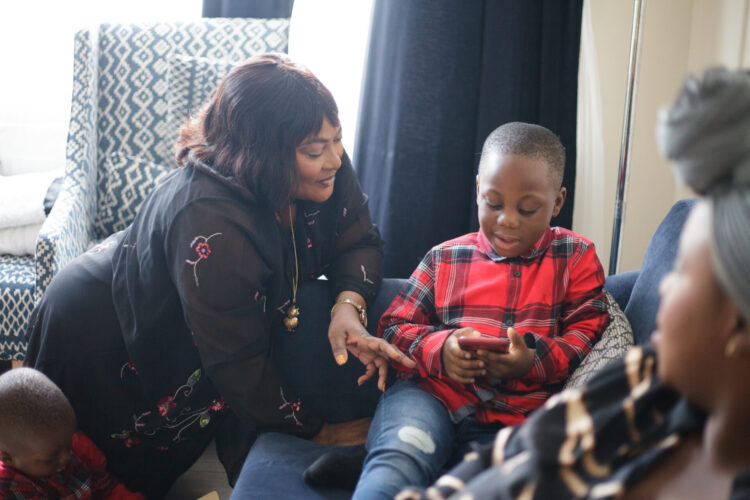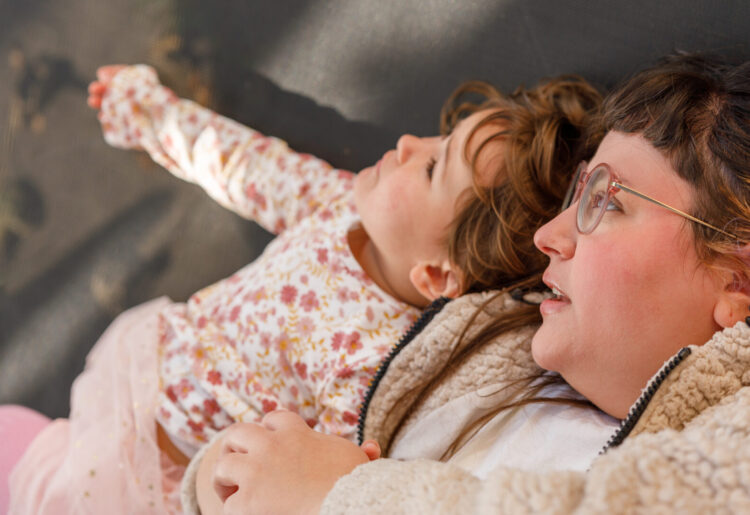Last week, the Centre for Mental Health and The Children and Young People’s Mental Health Coalition published ‘Not in school: the mental health barriers to attendance’. This report shows, among other things, the huge impact poverty and racism are having on children’s mental health, which in turn negatively impacts school attendance rates.
As the report highlights, ‘(t)he persistence of attendance issues may speak to a wider discontent with the education system, with more students expressing the desire for an education that reflects their diversity and the challenges of modern childhoods (Edge Foundation, 2021).’
To us, this is key: Not only do experiences like chronic poverty or racism impact children’s mental health, but key environments where children spend time need to be transformed so that they are protective, nurturing and safe rather than, at worst, causing or exacerbating distress and trauma.
Through our children’s mental health programme (which is a proud member of The Children and Young People’s Mental Health Coalition), we work with partners across Lambeth and Southwark whose work seeks to make the spaces where children spend time safer and more nurturing for all young people. An obvious focus for us as part of this are mainstream primary schools.
We’re lucky to be partnering with schools and community organisations who are working to offer much-needed support now, whilst at the same time seeking to transform the systems and spaces that have the potential to do important reparative and preventative work. This reparation and bold rethinking of what schools can be for children is crucial because we know that currently, often inadvertently, they’re doing harm – particularly to the most marginalised children and families. In the school space, we therefore work with partners who are looking to fix the system, not the child.
I don’t want to leave any doubts: I recognise the immense pressure school communities are under in these challenging times, and the incredible efforts members of staff, volunteers, parents, carers and students are going to individually and collectively. They’re going above and beyond to support one another. I believe, however, that it is vital that we don’t let this acknowledgement and recognition stop us from holding ourselves and each other to account and using everything at our disposal to create school environments where all children feel nurtured and a deep and unquestionable sense of belonging.
This is no mean feat in the context so clearly laid out in ‘Not in school’: schools are increasingly acting as ‘the 4th emergency service’ in communities, following years of austerity and dismantling of community-based support for children, young people and families. A focus on equitable school environments that foster an expansive education is also not something that is currently sufficiently incentivised or funded by our government.
